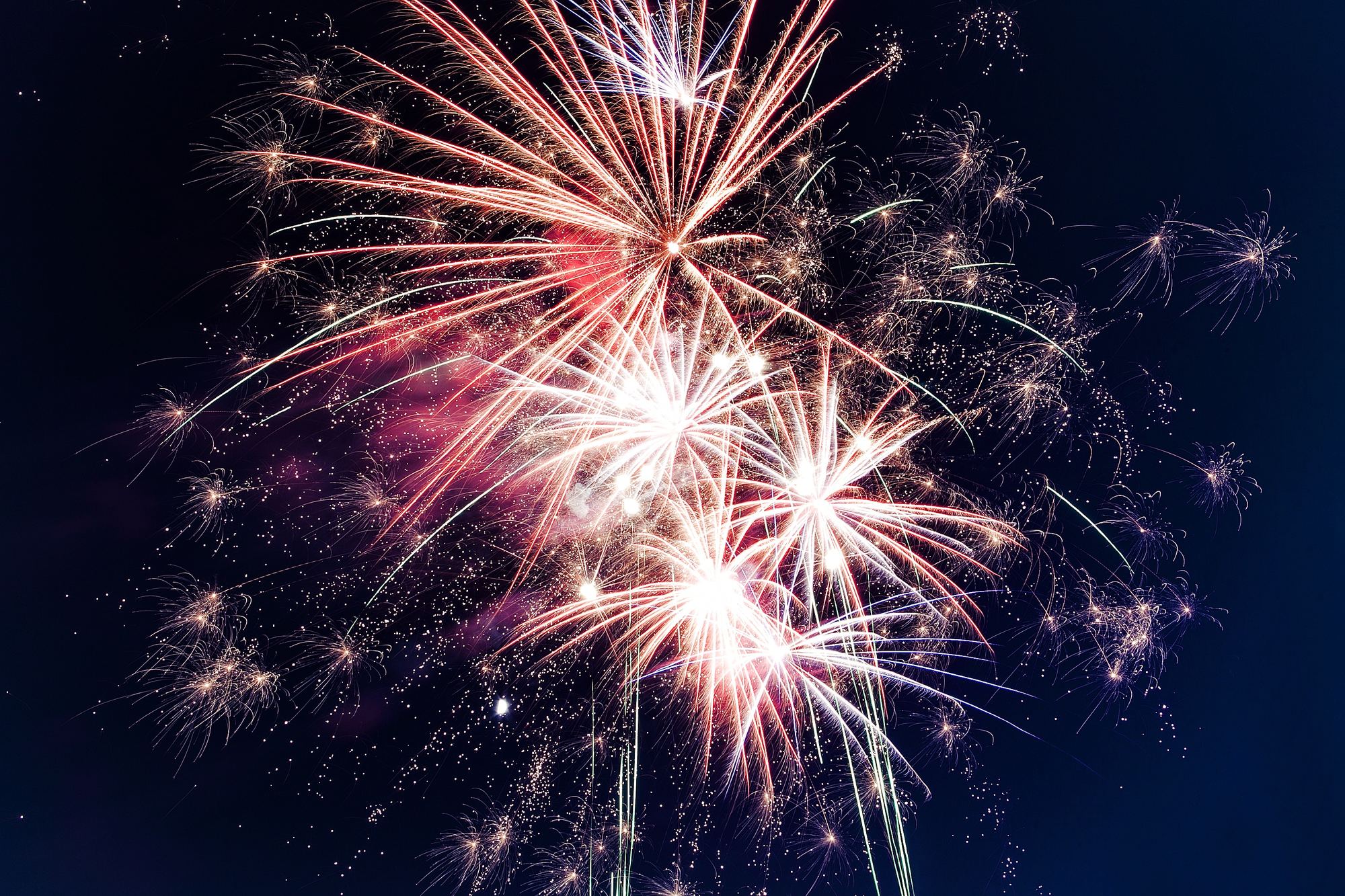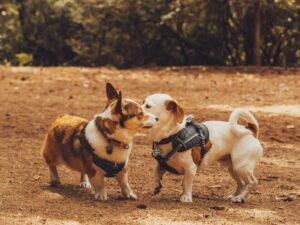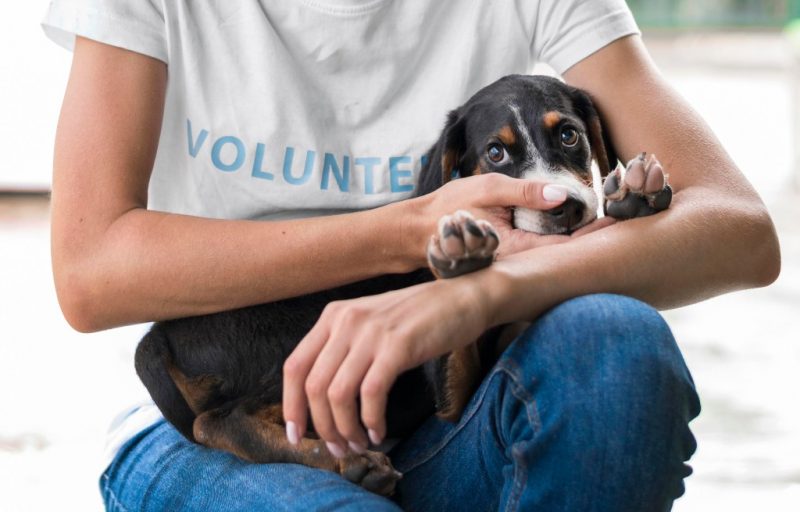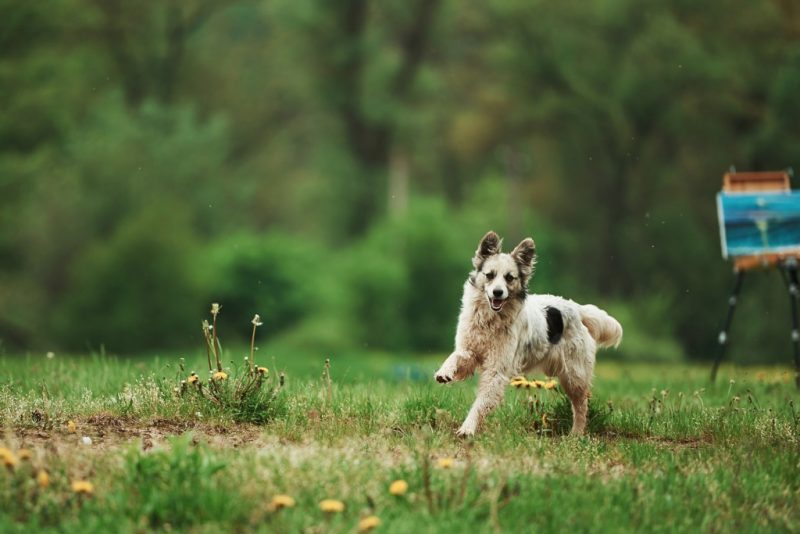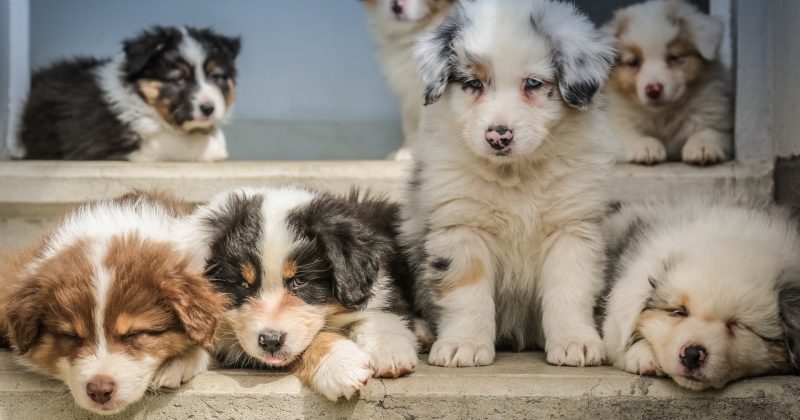Dog’s hearing is a lot more sensitive than human’s. In fact, their ears can pick up sounds four times further away than ours. With that in mind, considering how things we enjoy–like thunderstorms and fireworks shows–sound to them. Not surprisingly New Year’s day is often one of the busiest times of the year for shelters and pounds as they deal with all the pets who got frightened and bolted from home during loud fireworks.
Luckily, there are things you can do to help reduce or manage anxiety when things get loud. Or at least tide you over until this noise-cancelling kennel moves from prototype to reality.
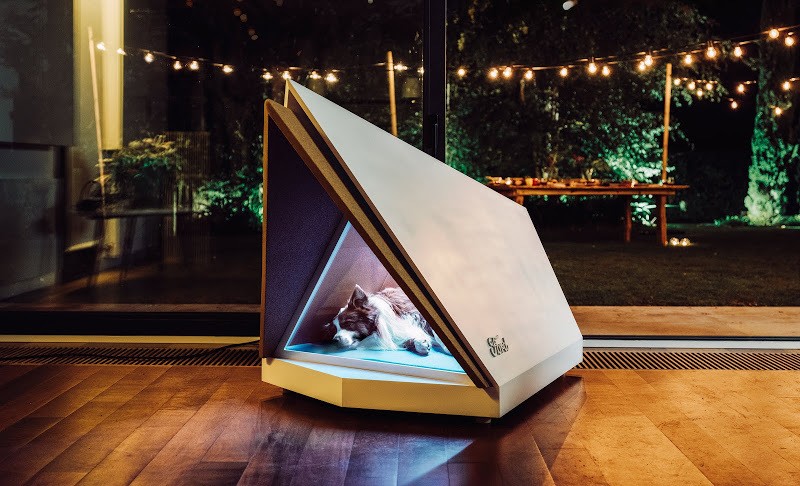
Preparing Your Dog for Loud Noises
Desensitising
When preparing for something like a new baby to join the family, or other events that you have a lot of warning over, desensitisation training can go a long way. The same advice holds for thunderstorms and fireworks. Before the main event, play your dog tracks from YouTube to get used to the sounds. Start quietly and slowly get louder each session. Reward your pup for ignoring or not responding to the loud noises.
Crate Training or Swaddling
Train your dog that their crate is a safe place where they can get away to and feel secure. It will give them somewhere to retreat if they feel overwhelmed.
Like with babies, swaddling can have a similar impact on some dogs.
Some pets might also like being covered up with blankets in a dark room for a similar affect. There are dog-specific products to make swaddling easier for pups. with the most well known being Thundershirts. You will need to get your dog familiar with this beforehand.
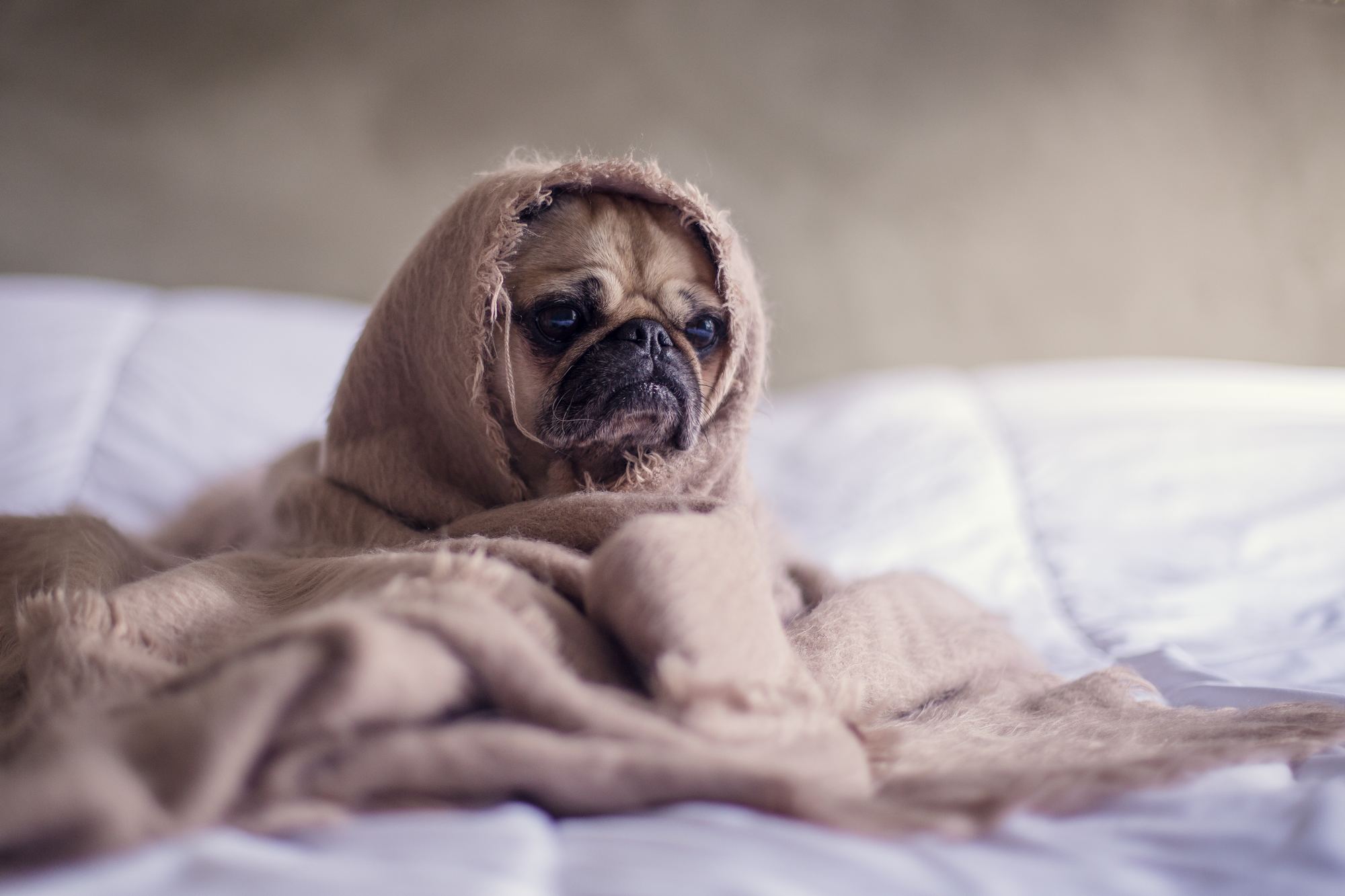
Check Contact Details
Make sure that the contact details on your dog’s microchip registration are correct and up to date. While you’re doing that, ensure they have a collar with a tag that has your phone number on it. If your pet does escape, both of these will help you get them back as soon as possible.
During Loud Noises
Provide a safe space
If you’re not using a crate, you can still make a special safe spot for your dog. Inside is generally quieter than outside, but anywhere calm, secure, where they can’t escape to the street or into the neighbour’s yard will work. That way, even if they do panic they won’t be able to hurt themselves.
Exercise and Feed
A worn out dog is going to be more interested in sleep than escaping. Take them on a big walk before things kick off, and feed them their main meal just before the event. Both will have them wanting to snooze and hopefully they’ll sleep through it all.
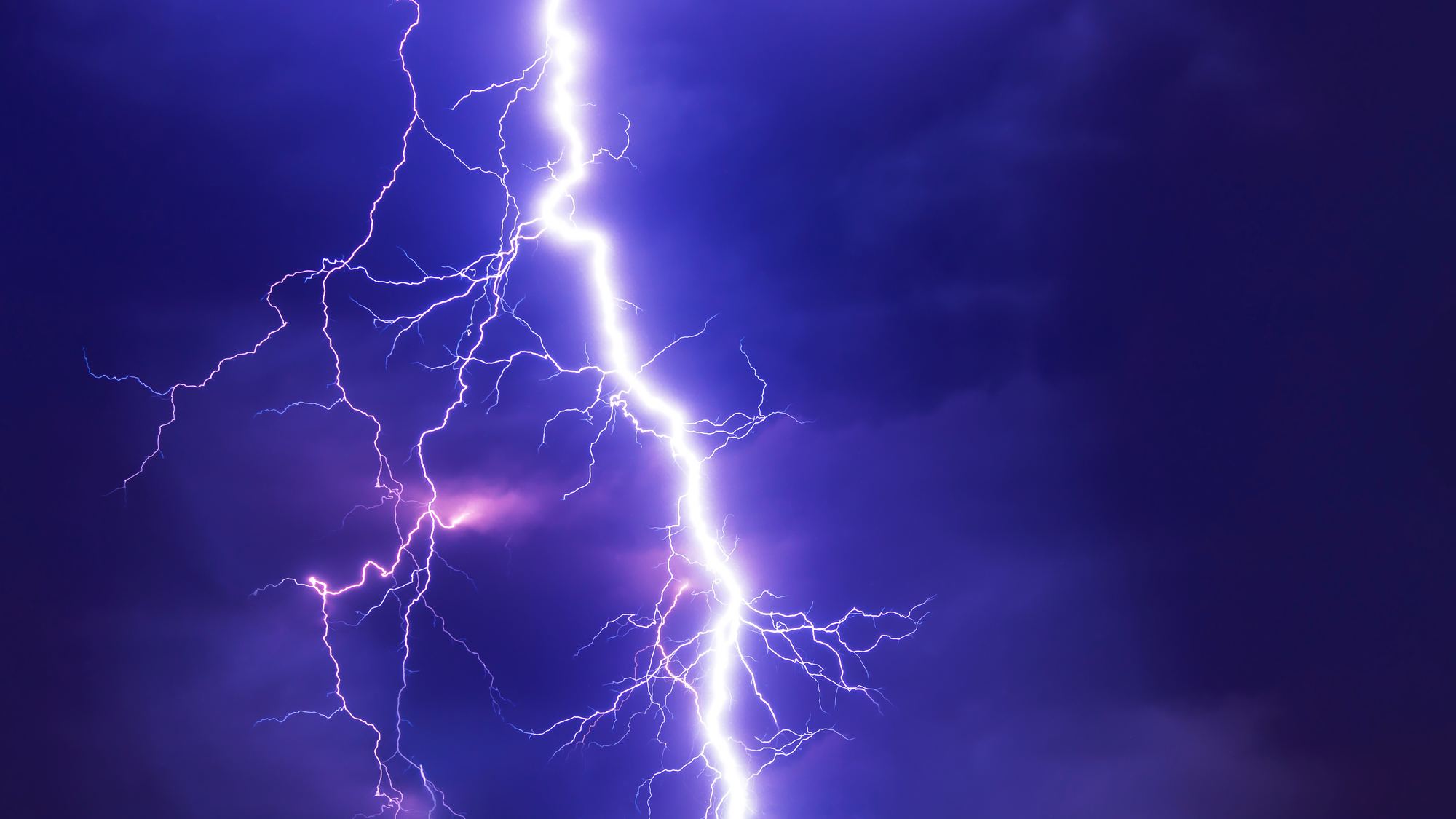
Distract, but Don’t Reward
It’s a good strategy to try distract your dog so they don’t focus on the noise. Food, treats, or games can all work. But it’s vital this is a distraction only, and not a reward for reacting badly to loud noises. You don’t want to train them into freaking out so they then get a treat. So be generous with the hugs, baby talk, and pats rather than the snacks.
Be Calm
Your dog will take cues from your behaviour. If you’re calm, they’ll feel it and know everything is ok. To help this along you could even get a pheromone diffuser like Adaptil which is supposed to calm dogs. It gives off the same chemicals that mum dogs do around their puppies. Having background noise like the TV or music can also make the loud noises less startling for your dog.
Company
If your dog and loud noises don’t mix, it’s best to not leave them alone in a racket. If you can’t be with them, ask someone familiar to come around to keep them company or drop them off with someone they know well. Make sure they follow the rest of this advice as well!
If This Doesn’t Work
Tried all this and your dog still can’t deal with loud noises? It might be time to chat to your dog behaviourist and vet. The behaviourist can help fine tune training and desensitisation practices, and a vet may suggest medications to reduce anxiety or even sedate your pet. This is of course a total last resort, that will only be considered when other methods are exhausted.

